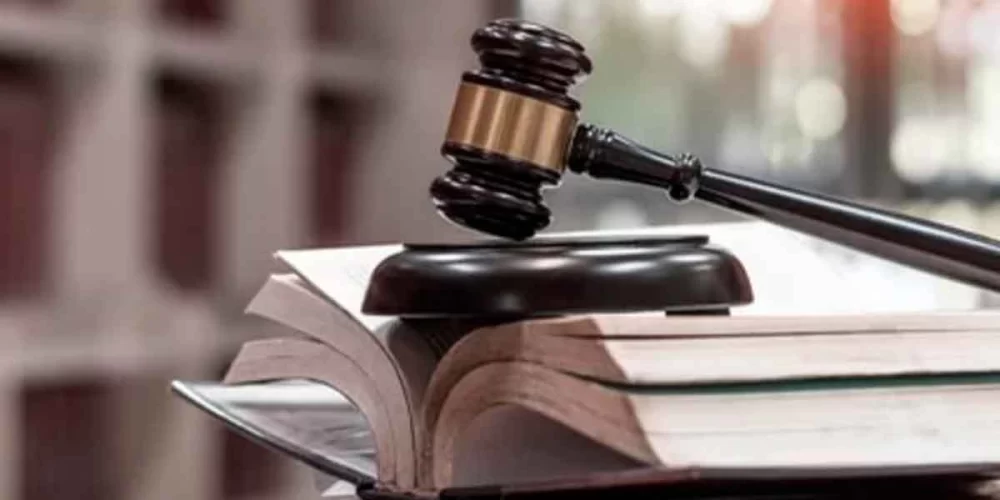
- Understanding Multiple Wills in Probate
- Legal Implications and Common Challenges
- Practical Steps to Manage Multiple Wills
- Case Study: Real-World Example
- Professional Advice and ESPLawyers Services
1. Understanding Multiple Wills in Probate
The probate process becomes considerably more complex when multiple wills exist for a single deceased person. This situation can arise when an individual has executed more than one will during their lifetime, either intentionally or due to legal oversights. In some cases, different wills may cover different assets or be created for specific jurisdictions, while other times, one will might simply be a revocation or amendment of an earlier one. Understanding how to handle multiple wills in probate requires clarity about their validity, the deceased’s true intentions, and the legal framework governing wills in the relevant jurisdiction.
Multiple wills probate is not an everyday scenario but one that requires careful examination to avoid disputes and delays. Courts must determine which will is legally effective at the time of death and how to deal with any conflicting instructions within these documents.
1.1 Why Multiple Wills Occur
There are several reasons why a person might have multiple wills. Some individuals draft separate wills to deal with assets located in different countries or states. Others may create a second will intending to replace the first but fail to formally revoke the earlier will, leading to confusion. Sometimes, life circumstances change—such as marriage, divorce, or acquiring new assets—and a new will is drafted without fully addressing the previous one.
1.2 The Legal Hierarchy of Wills
When faced with multiple wills, the probate court typically looks to the most recent valid will, assuming it complies with all legal requirements. However, if one will only addresses part of the estate while another covers other assets, the court may probate both, allocating assets accordingly. The situation demands careful legal analysis to ensure the deceased’s final wishes are respected.
2. Legal Implications and Common Challenges
Handling multiple wills in probate introduces several challenges, often prolonging the probate process and increasing the risk of disputes among beneficiaries. One major legal implication is the potential conflict between wills, which can result in contested probate cases. Beneficiaries named in earlier wills might challenge the validity of a later will, alleging undue influence or lack of testamentary capacity.
Additionally, multiple wills can complicate asset distribution. For example, if a later will omits certain assets mentioned in an earlier will, or vice versa, confusion arises over which document governs those assets.
2.1 Common Probate Disputes with Multiple Wills
Disputes can emerge over issues such as whether a subsequent will properly revoked previous wills, whether all wills were executed with the proper formalities, and whether the testator’s intentions were clear. Such disputes often require court intervention, forensic document analysis, and sometimes, mediation or litigation.
2.2 Jurisdictional Complexities
When wills pertain to properties in different jurisdictions, the probate process must navigate varying legal standards and procedural rules. This adds layers of complexity and may require the involvement of multiple legal experts familiar with cross-border probate law.
3. Practical Steps to Manage Multiple Wills
Addressing multiple wills in probate requires a methodical approach. Executors and beneficiaries should:
3.1 Conduct a Thorough Document Review
Begin by gathering all wills, codicils, and related documents. Examine execution dates, signatures, witnesses, and any statements of intent. The goal is to identify the most recent valid will and understand how the documents interact.
3.2 Consult Probate Law Experts
Engaging a probate lawyer with experience in multiple wills probate can save time and prevent costly mistakes. Legal professionals can help interpret the wills, advise on jurisdictional issues, and represent parties in court if disputes arise.
3.3 Communicate Transparently with Beneficiaries
Clear communication can reduce misunderstandings and conflicts. Keeping beneficiaries informed about the probate process, the status of will validation, and asset distribution helps build trust and manage expectations.
3.4 Seek Mediation if Disputes Occur
When disagreements become heated, mediation offers a less adversarial route to resolving conflicts, saving both time and expense compared to litigation.
4. Case Study: Real-World Example
Consider the case of a deceased entrepreneur who had two wills: the first drafted early in his career, and a second created shortly before his passing. The first will left most assets to his siblings, while the second favored his children. Both documents appeared valid but had overlapping and conflicting provisions.
During probate, the court had to determine the validity of each will and the testator’s final intentions. After expert testimony and review of the execution circumstances, the court ruled that the later will was valid for most assets, while certain real estate holdings mentioned only in the first will were also recognized. This decision was reached through careful legal analysis and helped avoid a protracted legal battle.
This example illustrates the importance of clear estate planning and the potential complications when multiple wills exist.
5. Professional Advice and ESPLawyers Services
Dealing with multiple wills in probate can be overwhelming without proper legal guidance. At ESPLawyers, we specialize in navigating the complexities of probate cases involving multiple wills. Our experienced probate lawyers provide tailored advice, ensuring your loved one’s wishes are honored and disputes are minimized.
If you face challenges in managing multiple wills or need assistance with any part of the probate process, ESPLawyers is your trusted partner for comprehensive, professional support. Our expertise can help you save time, reduce stress, and achieve a smooth resolution.








